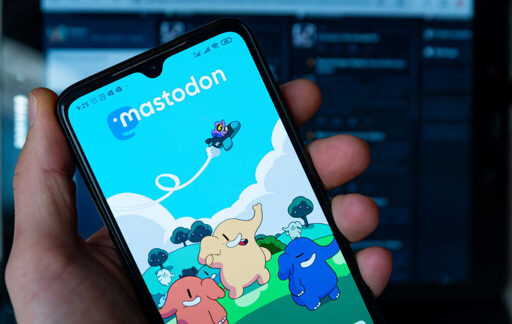His grand vision remains to leave Mastodon users in control of the social network, making their own decisions about what content is allowed or what appears in their timelines.
I don’t use Mastadon cause I don’t care for micro-blogging, but nevertheless, I like this.



Genie’s out of the bottle now though. The casual-attracting features needed to be in place before twitter exploded. They weren’t. Bluesky’s were. Casuals don’t care about what-ifs or principles, it’s a miracle Musk let Twitter get so terrible that the casuals even noticed. It’ll take a monumental event now to get the casuals to switch again from the blueskys they just made and got invested in.
I hear what you’re saying and think you have a good point. It’s very likely that Mastodon will stay a minor player, but I also think it will live on as a viable alternative to the major social networks. There are a lot of people dedicated to developing, running, posting, etc. to keep it lively. There is also the factor that Mastodon will always be there if (when) X or BlueSky stumble and make a mistake that will send another chunk of users over.
There’s also just the naming problem. Social media works best when its name sounds like a place and its verbs sound like normal actions. Mastodon is a three syllable elephant (or a metal band), versus a sky or a book (note: this isn’t a hard and fast rule, since Twitter and Instagram pulled it off). And they call their posts toots. Officially, too, unlike the user-made meme of “Skeets”. Toots are farts. No politician or business professional is going to say “retoot” with a straight face.
I don’t think either of those are major issues. I happen to think that Mastodon is OK, almost catchy. Their mascot is very cute too. They officially did away with the Toot terminology quite a while ago, like a year or two, but some instances modified the code to keep that, and the old hands keep calling it that too. Also, keep in mind that I said that I fully expect Mastodon to stay a minor but viable player. It’s never going to overtake a corporate behemoth like Meta, and most likely not even Twitter.
This is a good point. Success isn’t a zero sum game here and maybe the era of giant social networks is changing to smaller communities again.
I’m not sure I would go as far as saying that the trends are tipping toward smaller communities again, but we can hope.